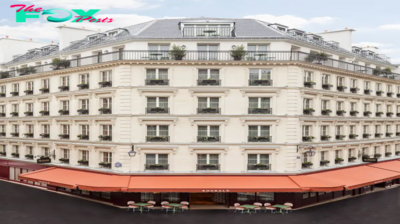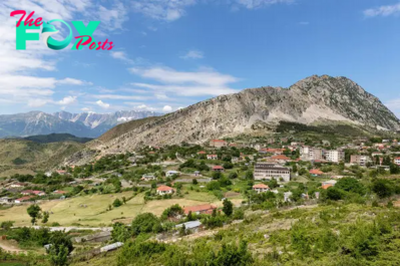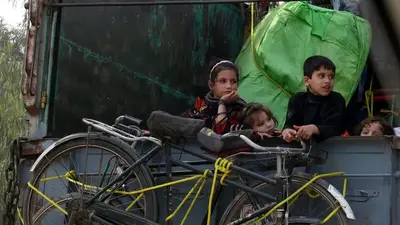World News
A Japan court says North Korea is responsible for the abuses of people lured there by false promises
TOKYO -- A Japanese high court on Monday said the North Korean government was responsible for the human rights abuses of plaintiffs who said they were lured to the North by Pyongyang’s false promise of living in “paradise on Earth,” a decision praised as a victory by survivors and their supporters.
“The ruling showed that a Japanese court can rule on North Korea’s human rights violations, one that could have a significant impact,” said a lawyer for the plaintiffs, Kenji Fukuda.
The four plaintiffs, including ethnic Koreans and Japanese, moved to North Korea with thousands of others under a 1959-1984 program in which the North promised free Health care, Education, jobs and other benefits. But they said none of that was available and they were mostly assigned manual work at mines, forests or farms and forced to live in harsh conditions.
Originally, five plaintiffs filed a lawsuit in 2018 with the Tokyo District Court seeking 100 million yen ($900,000) each in compensation for “illegal solicitation and detainment.”
The district court acknowledged in a March 2022 ruling that the plaintiffs had moved to North Korea because of false information provided by the North and a pro-North Korean organization in Japan, Chongryon. But the ruling said the statute of limitations had expired and that Japanese courts do not have jurisdiction because the plaintiffs’ suffering took place outside Japan.
Four plaintiffs appealed the decision, arguing that Japan has jurisdiction because their ordeal began when they boarded ships in a Japanese port.
On Monday, the Tokyo High Court ruled that the Japanese court had jurisdiction over the case and found that the North Korean government violated the rights of the plaintiffs by forcing them to live under miserable, harsh conditions that were completely different from the information provided before their trip.
The North infringed on the plaintiffs' freedom to choose a place to live, and they were virtually “robbed of their lives” as a result, the court said.
The case now returns to the Tokyo District Court, where it will review the extent of damages the North Korean government must pay to the plaintiffs, their lawyers said.
North Korea, however, has never responded to the lawsuit and likely will not pay damages.
One plaintiff, Eiko Kawasaki, now 81, was 17 when she boarded a ship to North Korea in 1960 and was stuck there until she was able to flee back to Japan in 2003, leaving behind her grown children.
Kawasaki wiped her tears and raised her fists in victory outside the court. She later told reporters that Monday's ruling is a full victory for the victims.
Kawasaki said she risked her life to flee North Korea to let the world know about the North Korean repatriation program and that “I'm so glad that I could return to Japan alive and see the ruling today," NHK television reported.
About half a million ethnic Koreans currently live in Japan and face discrimination in school, at work and in their daily lives. Many are descendants of Koreans who came to Japan, many forcibly, to work in mines and factories during Japan’s colonization of the Korean Peninsula — a past that still strains relations between Japan and the Koreas.
In 1959, North Korea began a resettlement program to bring overseas Koreans to the North to make up for workers killed during the Korean War. The Japanese government, viewing ethnic Koreans as outsiders, welcomed the program and helped arrange for people to travel to North Korea. About 93,000 ethnic Korean residents of Japan and their family members moved to the North.
About 150 have made it back to Japan, according to a group supporting defectors from North Korea.
-

 World News4h ago
World News4h agoPotlatch Club
-

 World News4h ago
World News4h agoAnantara Convento di Amalfi Grand Hotel
-

 World News11h ago
World News11h agoLe Grand Mazarin
-

 World News11h ago
World News11h agoDunas de Formentera
-

 World News16h ago
World News16h agoRaffles London at the OWO
-

 World News16h ago
World News16h agoVermelho Hotel
-

 World News22h ago
World News22h agoCommunal Kutaisi
-

 World News22h ago
World News22h agoMelesin Distillery



























